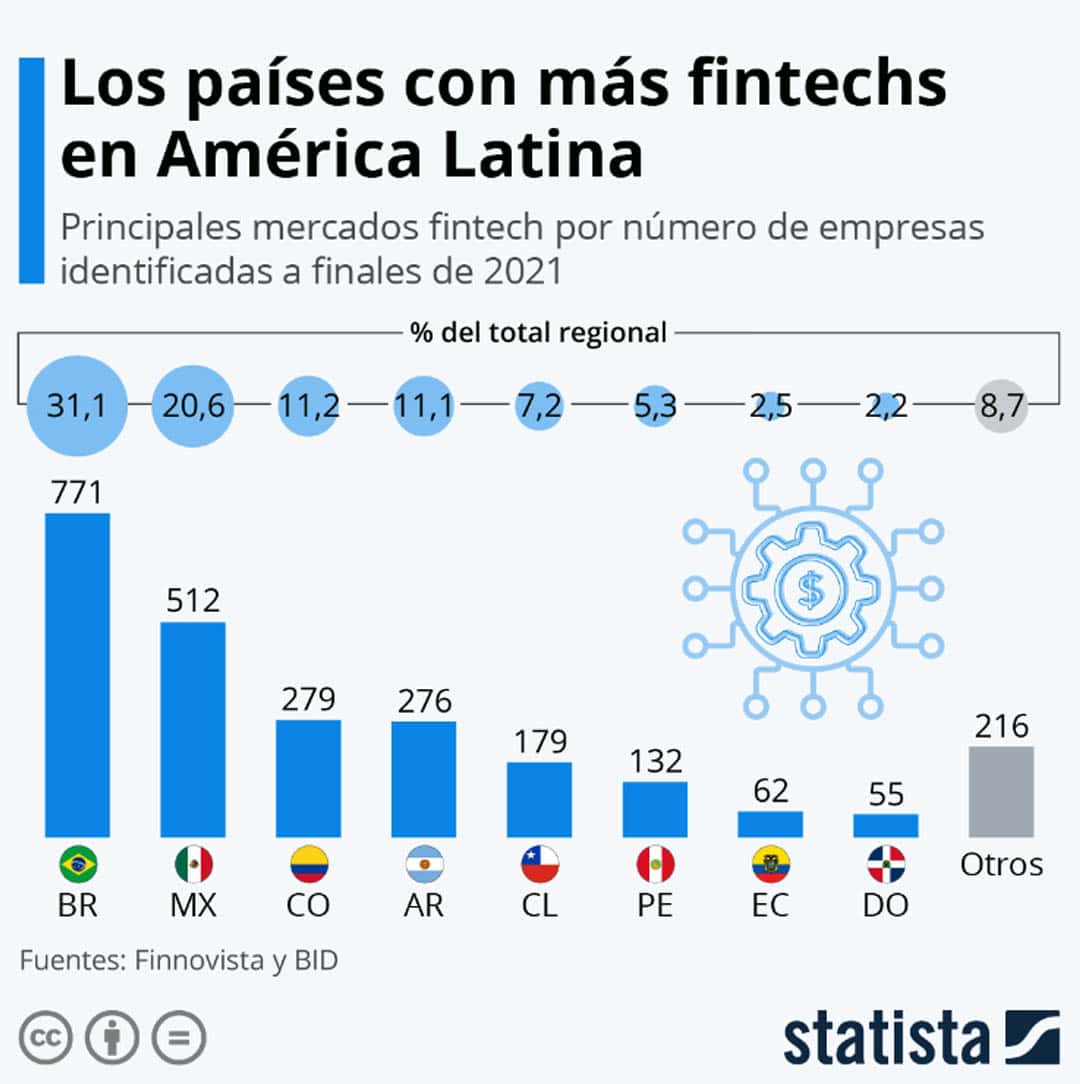In response to consumer complaints, Colombia’s Superintendency of Industry and Commerce (SIC) has begun regulatory actions towards fintechs, companies that utilize technology to optimize or automate financial services. This decision comes after a series of complaints highlighting potentially harmful practices.
As the body responsible for protecting consumer rights and with the power to impose significant sanctions, the SIC has set guidelines for those fintech companies that still need to be under the specific supervision of an administrative authority.
The complaints highlighted various issues: charging excessive interest, undisclosed fees, unauthorized disclosure of clients’ credit information, disbursing amounts less than those approved, and including terms deemed abusive in contracts by Law 1480 of 2011 (Consumer Statute).
In light of these findings, the SIC issued a series of guidelines through External Circular 002 of October 10, 2023, aiming to restore consumer rights. Among the demands are:
- Provide detailed information to the client during contract signing regarding interest rates, payment frequency, quotas, and their value.
- Charge late interest only on overdue installments and ensure transparency concerning credit assignments and other related aspects.
- Avoid coercive or threatening practices towards consumers under the risk of sanctions.
- Ensure the truthfulness, clarity, and comprehensibility of the information provided to clients and eliminate any abusive clause from their contracts.
The SIC emphasized that non-compliance with these measures could result in sanctions as per Article 61 of Law 1480 of 2011. Such sanctions can include fines of up to 2,000 minimum monthly wages in effect at the time of the sanction. Other potential penalties include the temporary closure of the company for up to 180 days and even, depending on the severity and recurrence, the definitive closure or prohibition of online operation.
If companies re-offend or violations are particularly severe, they could face more drastic consequences, such as definitive closure or the complete withdrawal of their digital platform.
Additionally, a ban could be imposed, either temporarily or permanently, on producing, distributing, or selling certain products. However, companies could request the lifting of such a sanction if they demonstrate adjustments to comply with established quality and suitability standards.

Colombia is the third country in Latin America with the most fintech sector companies, only behind Brazil and Mexico according to a study by the Inter-American Development Bank (IDB) and Finnovista, making these regulatory measures by the SIC highly impactful.






